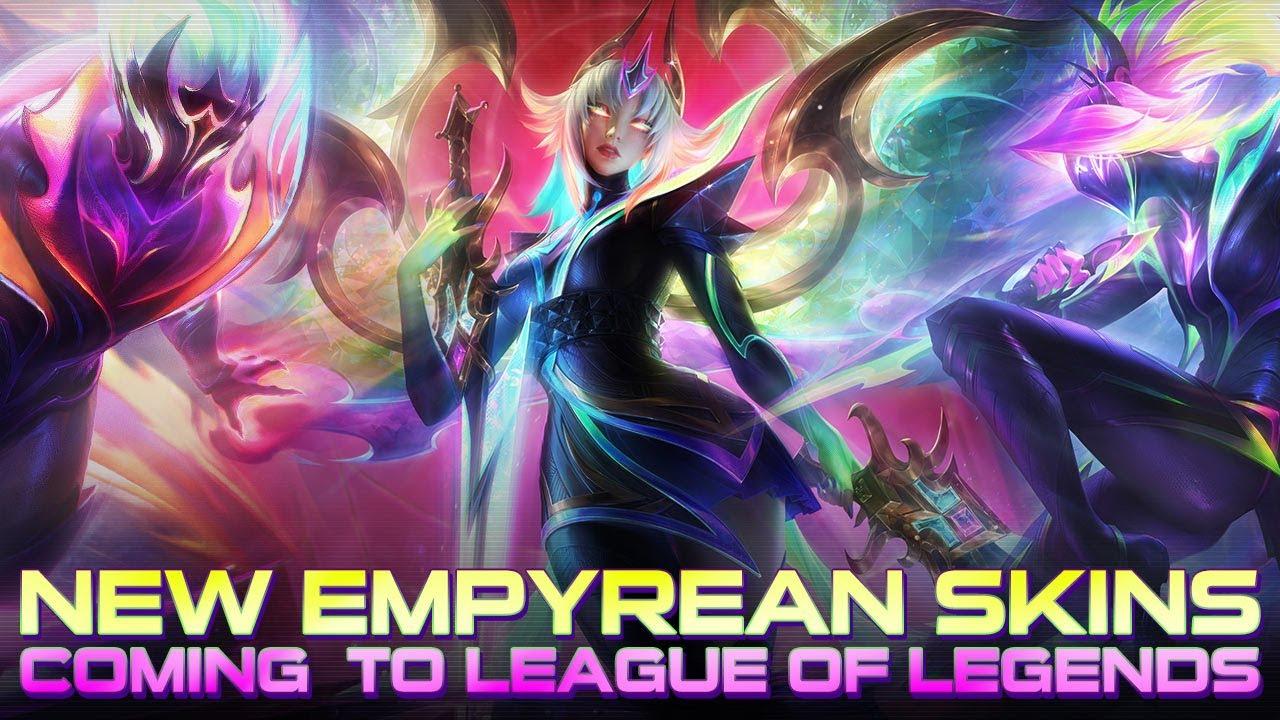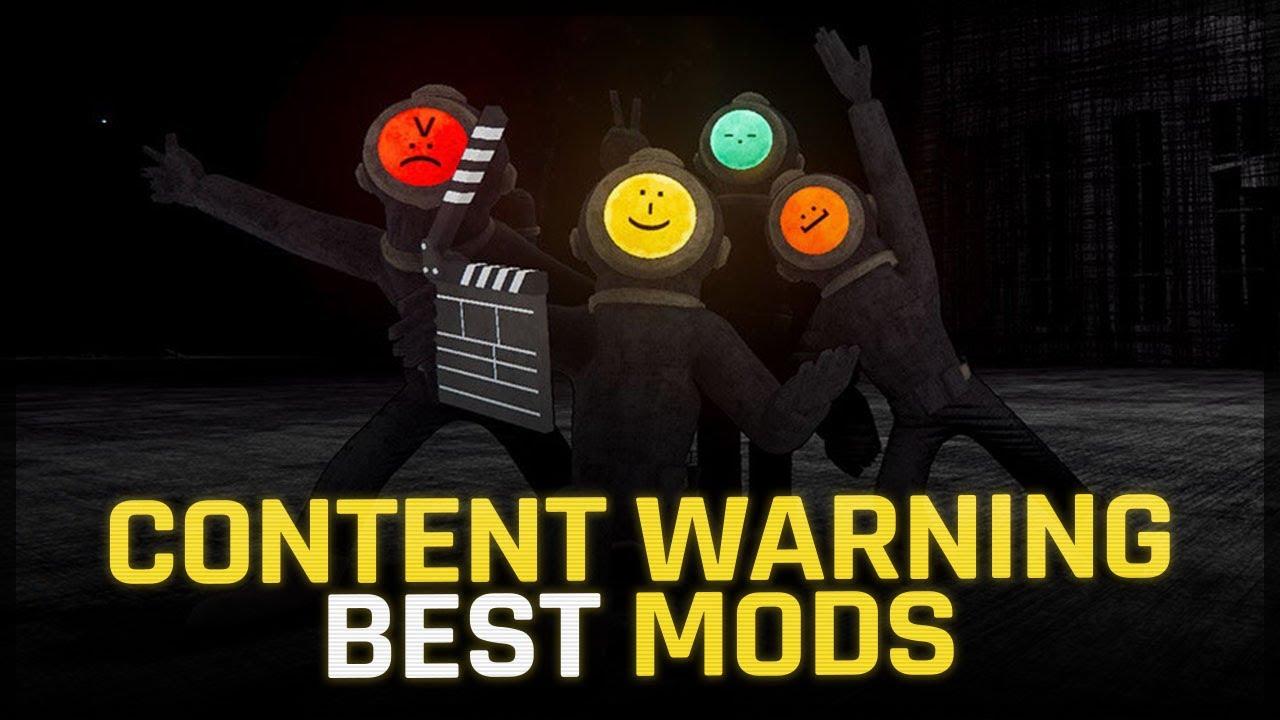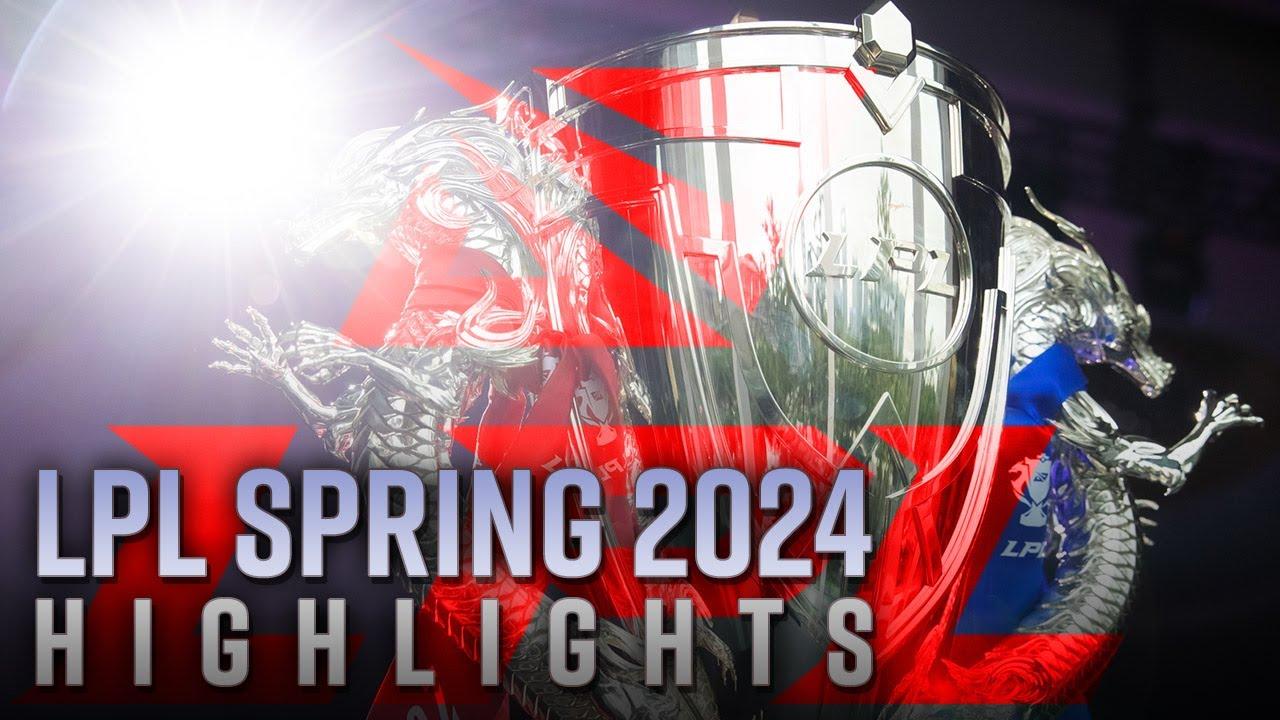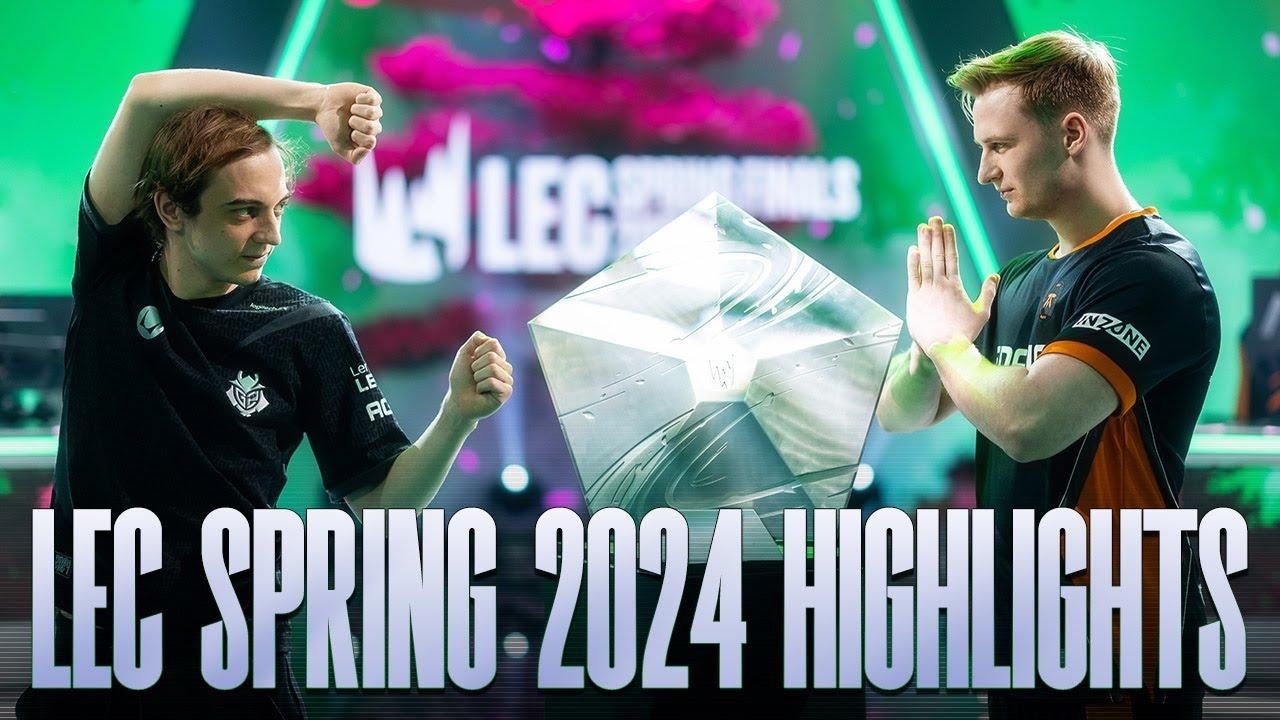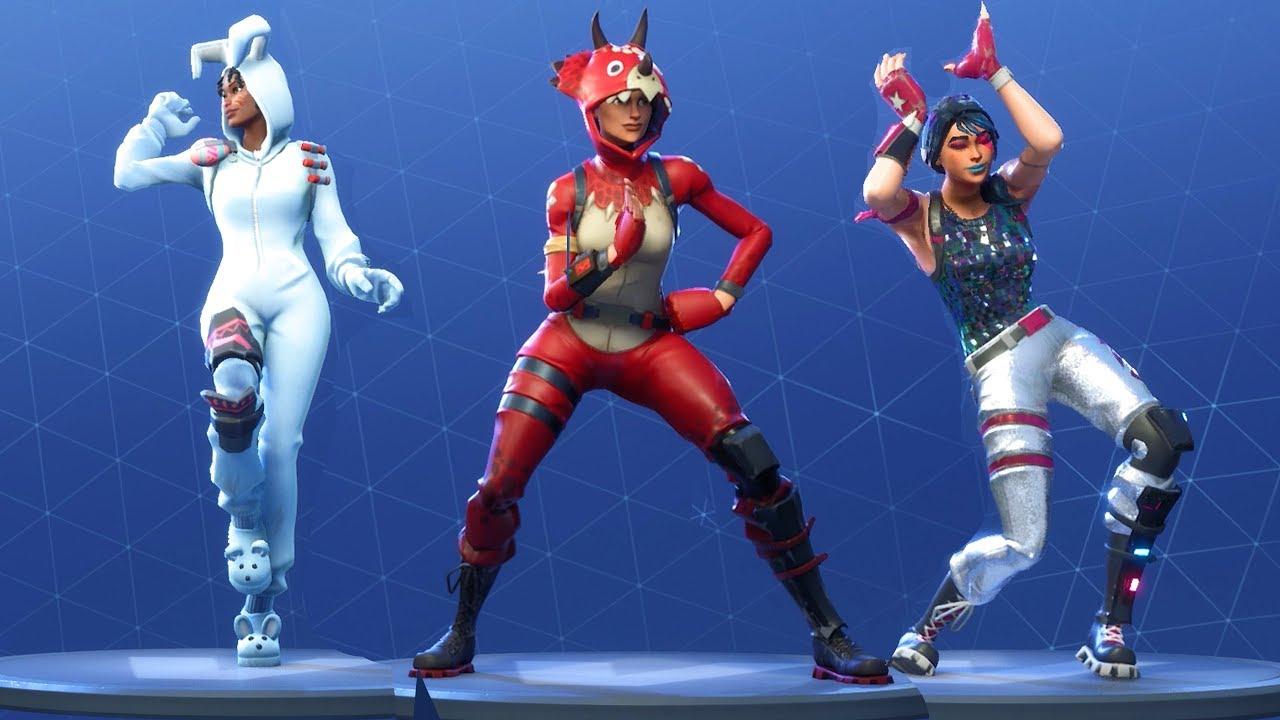
Dance lawsuits could bring big changes to Fortnite
Fortnite publisher Epic Games has been served two lawsuits that could impact both Fortnite and gaming as a whole.
The lawsuits come from Brooklyn rapper Terrence “2 Milly” Ferguson and actor Alfonso Ribeiro. The pair allege that Epic Games has stolen creative works in the form of in-game player animations that mimic dances originally performed by each plaintiff: Ferguson’s “Milly Rock” dance, and Alfonso Ribeiro’s “Carlton” dance from television sitcom The Fresh Prince of Bel-Air.
These lawsuits bring a number of claims that, if successful, could potentially influence the way pop culture references are represented in video games. The legal claims are as follows:
- Direct Infringement of Copyright
- Contributory Infringement of Copyright
- Violation of the Right of Publicity under California Common Law
- Violation of the Right of Publicity under Cal. Civ. Code § 3344
- Unfair Competition Under Cal. Bus & Prof. Code § 17200, et seq.
The dances that instigated the complaint are called “Swipe It” and “Fresh.” The lawsuits allege that these dances are similar or identical to their creative points of origin. The claims are based around the right of publicity and unfair competition, and their success in court would require the dances to be immediately recognizable and easily attributed to their original creators.
Attorney David Hecht is representing both plaintiffs and gave a statement to Variety in which he alleged that Epic Games had repeatedly taken creative works from African-American talents, beginning with the developer’s Gears of War series.
The lawsuit Hecht is referencing is a complaint in which former American football player Lenwood Hamilton is seeking damages against Epic Games for using his likeness in Gears of War 2. Hamilton claims that the character Augustus “Cole Train” Cole looks and sounds overly like him. Hamilton went so far as to hire a forensic voice examiner, who declared Hamilton’s and Cole’s voices to be indistinguishable.
There have been other prominent examples of creative workers and celebrities pursuing legal action against game developers for taking liberties with their likeness. A similar lawsuit brought by Lindsay Lohan finally saw a conclusion in March of 2018 when Lohan’s appeals were exhausted.
Grand Theft Auto 5 publisher Rockstar was the defendant named in that suit, as Lohan accused the developer of using her likeness without permission. Grand Theft Auto 5 character Lacey Jones sported a similar bikini, bracelet, and hairstyle to a picture of Lohan’s. Like Lohan, the character was a movie star with a publicized eating disorder. Rockstar was victorious in the case after the court ruled that the character was not similar enough to be confused with Lohan.
While the Hamilton and Lohan cases sought damages for only the right of publicity and unfair competition, Ferguson and Ribeiro have gained national attention for their copyright claims.
Since it has already been established in the courts that you cannot copyright a dance move, questions have arisen regarding the actual intent of the lawsuits and whether this pressure will lead to any real changes in Fortnite or at Epic Games.
Industry lawyer Noah Downs expressed doubt to WIN.GG that Epic Games would continue to take inspiration from popular cultural touchstones no matter the outcome of the current legal battle.
“This negative publicity addresses the looming issue of cultural appropriation and exploitation, and the business ethics tied therein,” Downs said.
For the plaintiffs, victory in court may not even be necessary, as the publicity from the case could provide sufficient benefit to them. Industry attorney Marc Whipple, who is not involved with the case, spoke to WIN.GG on the value of this potential publicity boost.
“I think that as a legal exercise it [the lawsuit] is not necessarily the best idea. As a strategic/PR/visibility exercise, it may provide some value to the plaintiff.” Whipple said.
Neither Downs nor Whipple predict a successful claim of copyright, because simple dance moves and steps have been shown to not be legally protected. Longer choreography featured in extended performances such as musicals and ballets is more likely to hold weight in court.
On the claims of publicity and unfair competition, Downs thinks that while there could be some merit, the plaintiffs are still unlikely to be successful. This largely comes down to the existing proliferation of Ferguson’s dance moves.
“2 Milly’s second and third claims center around the idea that the Milly Rock is so tied to 2 Milly’s persona and public identity that Epic is unlawfully profiting from use of his identity,” Downs said. “I don’t think 2 Milly succeeds on these either, because the dance has gone so viral and has been used by so many other performers that when you see the dance you don’t directly associate it with him anymore.”
The Carlton is one of pop culture’s most recognizable dances and, according to Downs, Ribeiro’s claim may have a better chance of succeeding on publicity and unfair competition claims.
“His dance is literally called the Carlton and is associated with his most recognized and iconic character. Even after Epic changed the name, we knew what that dance was and immediately had a mental image of Ribeiro as his character,” Downs said.
Because of the public nature of the cases, Downs also suspects that other dancers and artists will be paying close attention to the suit’s outcome. There could be a flood of further lawsuits should these prove successful.
The use of popular culture in video games goes all the way back to gaming’s roots. It’s especially prevalent in popular MMO games such as World of Warcraft and Guild Wars, which are rife with popular dances, cultural references, and recognizable likenesses.
The continually increasing cultural relevance of gaming and the particular success of Fortnite has made it easier than ever for creatives to recognize when their work has been copied.
Though the lawsuits may not be successful, a shift in the way developers create and curate in-game content is a real possibility. Big developers may wish to avoid the headache of public legal battles, and smaller developers who lack the resources of a massive company like Epic Games may veer away from pop culture references to better protect themselves from such legal action.
Recommended
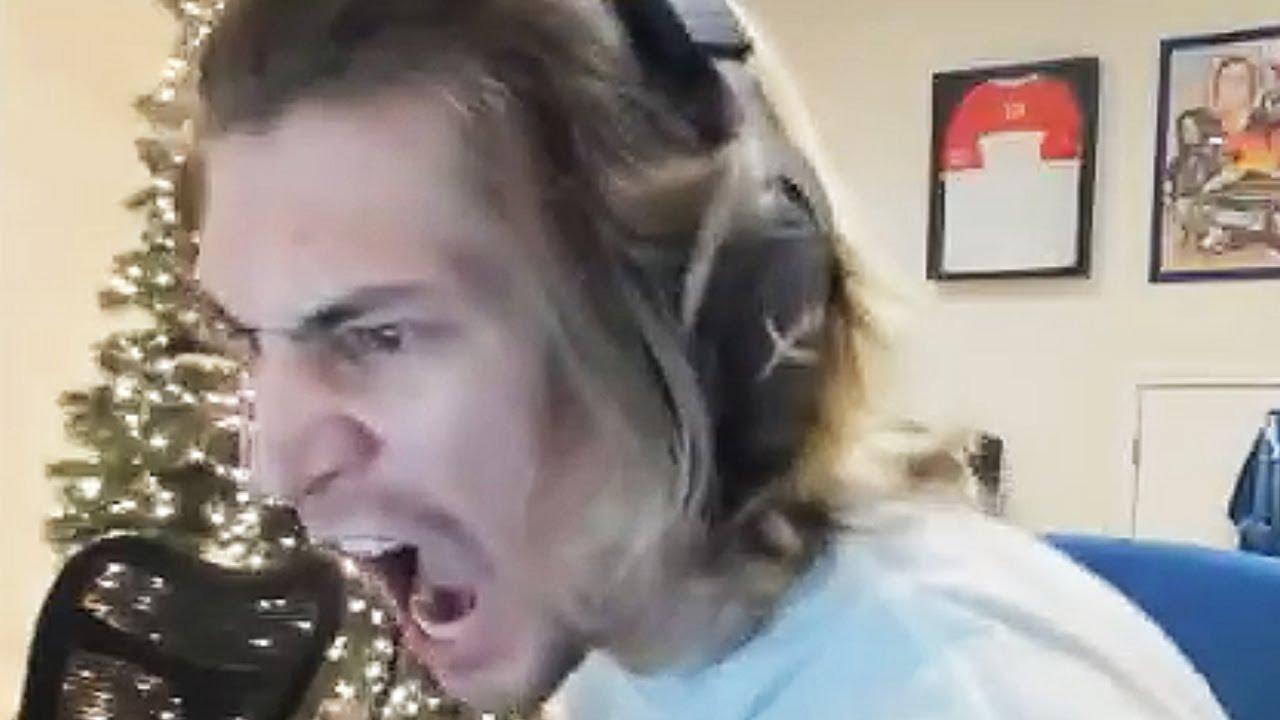
Tristan Tate claims esports are not a sport, pro gamers react
“My players have all 15 girlfriends each.”
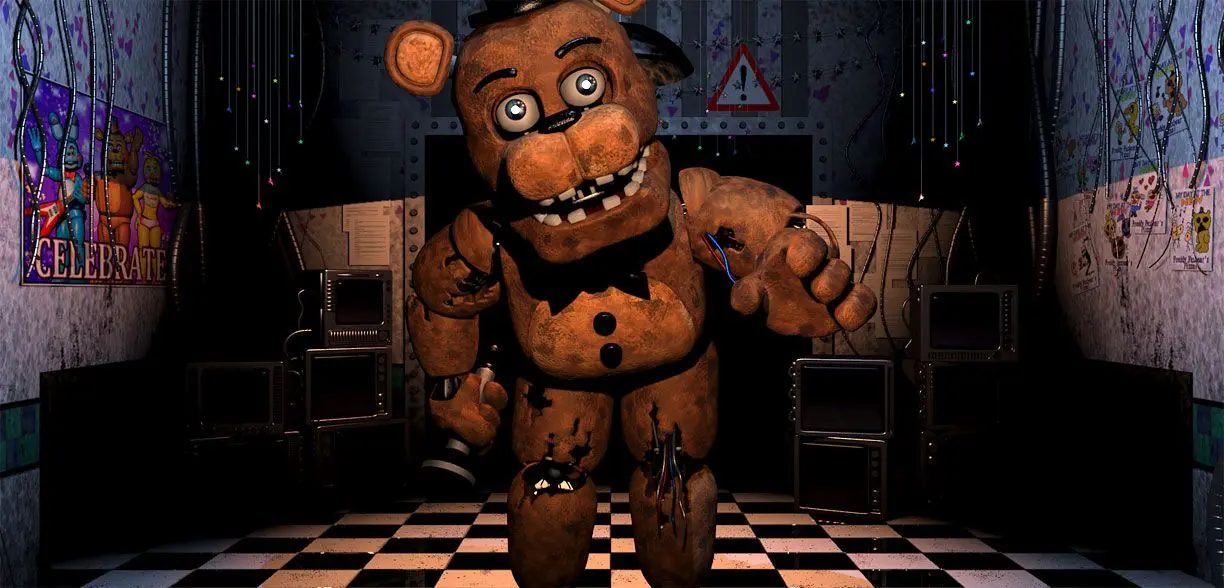
How many Five Nights at Freddy’s games are there?
Five Nights at Freddy’s has continued to be a popular video game franchise thanks to its creepy...
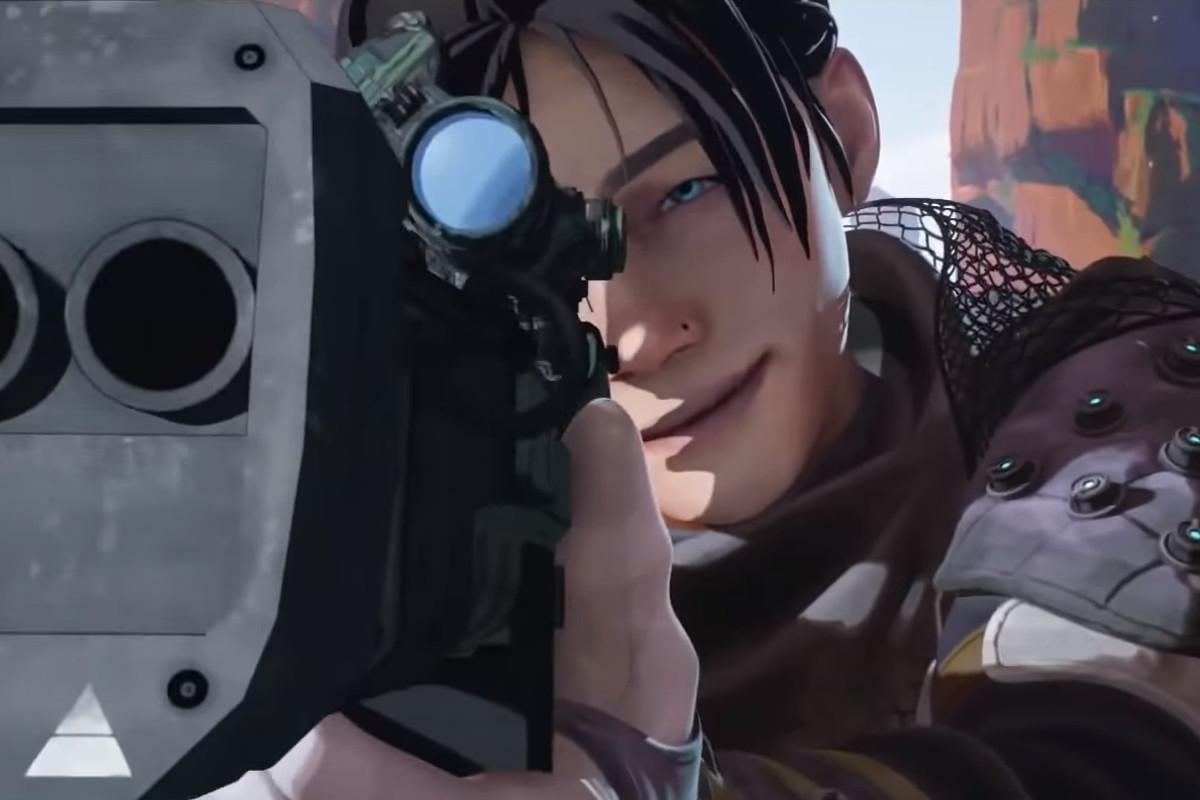
How to convert Valorant sensitivity to Apex Legends
Valorant is a 5v5 shooter, whereas Apex Legends is a battle royale. But if you want to excel at both,...

